- Weekly Highlights from Arakan State (Jan 26 to Feb 1, 2026)
- Arakanese youth stabbed in Mae Sot urgently needs financial aid for medical treatment
- Five years on Myanmar faces uncertain military and political outlook after coup
- Myanmar Navy detains Pauktaw fishermen and demands ransom
- Junta Airstrikes on Arakan and the Consequences for Independent Media
Muslim IDPs going hungry due to junta travel restrictions
Junta travel restrictions on local and international nongovernmental organisations (NGOs) have effectively cut off food supplies to more than 28,000 displaced Muslims in Arakan State’s Myebon and Pauktaw townships.
07 Jan 2023
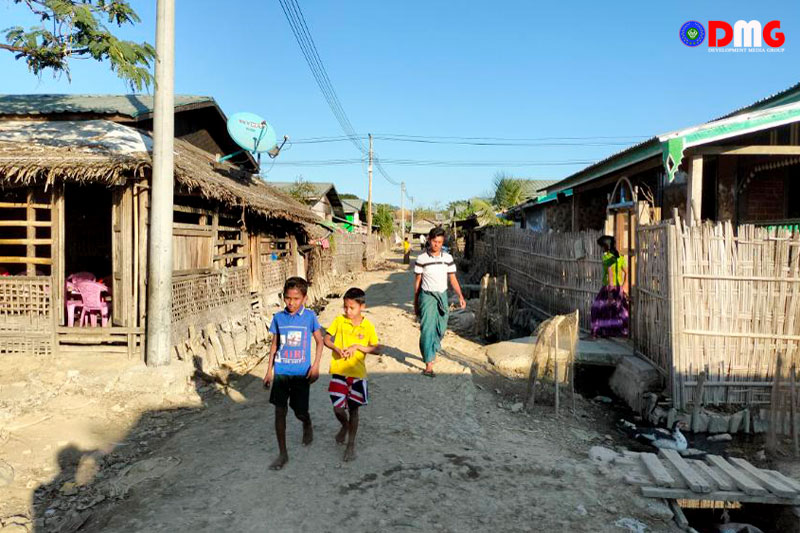
DMG Newsroom
7 January 2023, Sittwe
Junta travel restrictions on local and international nongovernmental organisations (NGOs) have effectively cut off food supplies to more than 28,000 displaced Muslims in Arakan State’s Myebon and Pauktaw townships.
It has been around four months since the regime imposed travel restrictions on aid agencies in Buthidaung, Maungdaw, Minbya, Mrauk-U, Myebon and Rathedaung townships.
More than 3,000 internally displaced people (IDPs) in Myebon’s Taungpaw Ward are going hungry, camp manager U Maung Tin Aung told DMG.
“Previously, the World Food Programme (WFP) supplied us monthly. We haven’t received an allowance since September, after the regime imposed travel restrictions. So, we can’t buy food,” said U Maung Tin Aung.
The regime has also barred aid agencies from travelling to Pauktaw since November.
“Previously, we received food supplies regularly. We got nothing in November, though we did receive some cash contributions in December. However, we haven’t received anything this month,” said camp manager U Ye Lwin of the Nget Chaung Muslim IDP camp.
Some Muslim IDPs have been forced to pawn or sell their belongings to feed their families.
“We have been here for more than 10 years,” said Ko Aye Kyaw from the Nget Chaung IDP camp in Pauktaw. “The WFP has provided us with food supplies as well as healthcare services in all those years. We have difficulties as we don’t get financial aid now.”
There are thousands of Muslims at the Nget Chaung camp. The IDPs, primarily from Myebon and Pauktaw townships, were displaced by intercommunal violence in 2012.
International aid groups including the WFP, the International Committee of the Red Cross (ICRC), Save the Children and Doctors Without Borders (MSF) had been supplying them prior to the junta’s circumscribing of their activities.
DMG was unable to contact the regime’s Arakan State Administration Council spokesman U Hla Thein to ask about the travel ban on aid agencies.
The WFP country director and representative in Myanmar, Stephen Anderson, said the United Nations humanitarian organisation is taking steps to provide aid to people in need in Arakan State.
“We hope that this ceasefire announcement will allow us to provide food and other relief supplies to our beneficiaries in central and northern Arakan State who have not received WFP assistance since mid-September,” Anderson told DMG via email in December, referring to a November 26 truce reached between the Myanmar military and Arakan Army.
Local residents displaced by fighting between military and Arakan Army are also suffering from the junta’s travel restrictions on local and international NGOs, as are local civil society organisations. The regime has not yet lifted travel restrictions despite the informal ceasefire reached in late November.





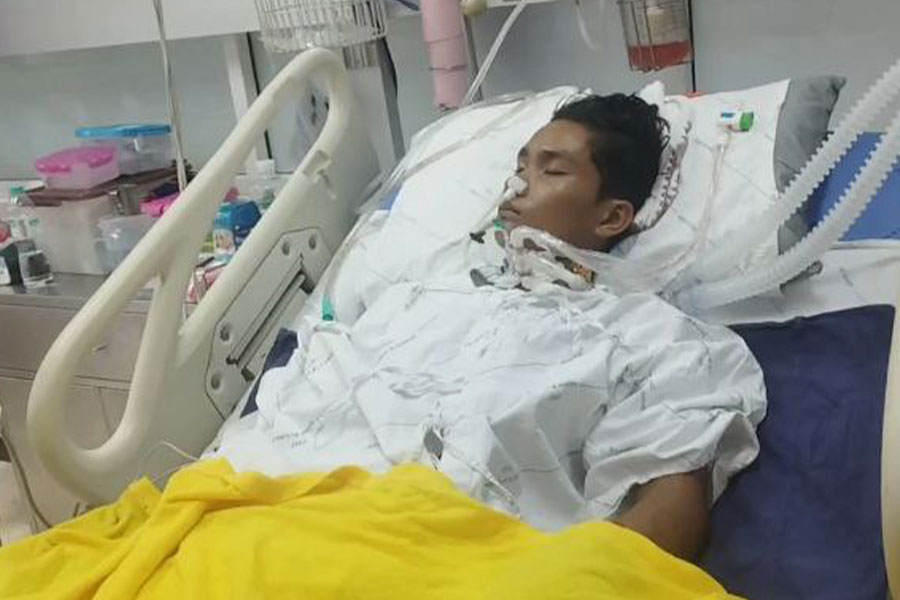
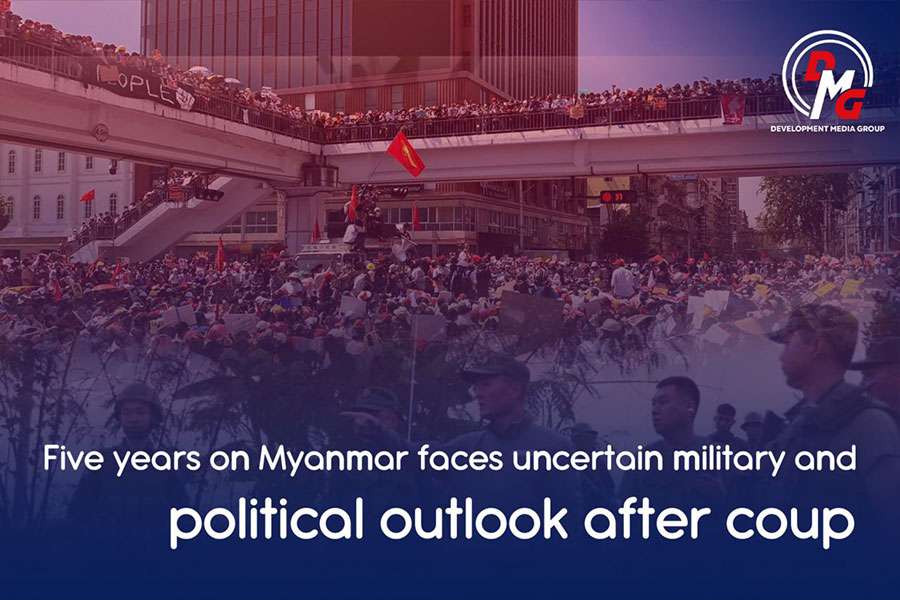
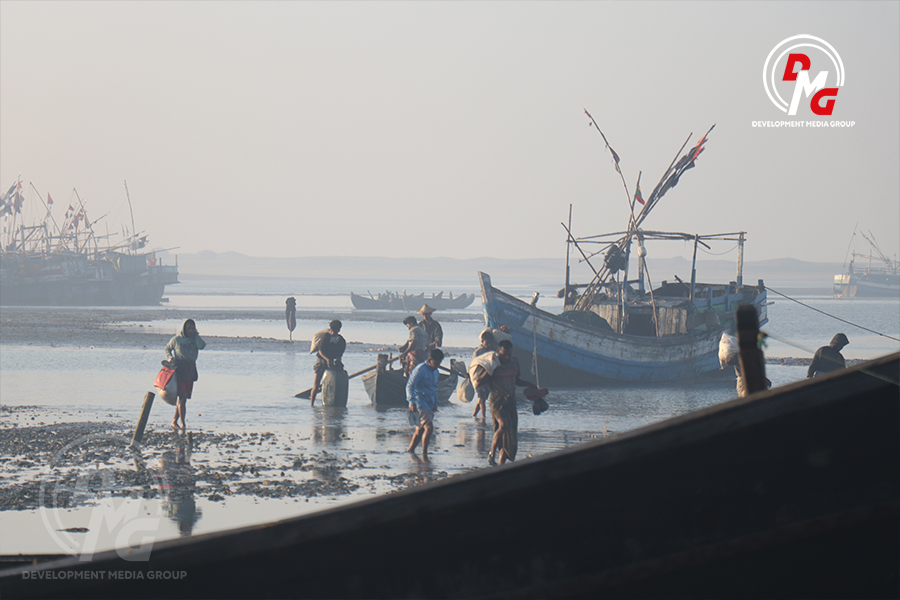
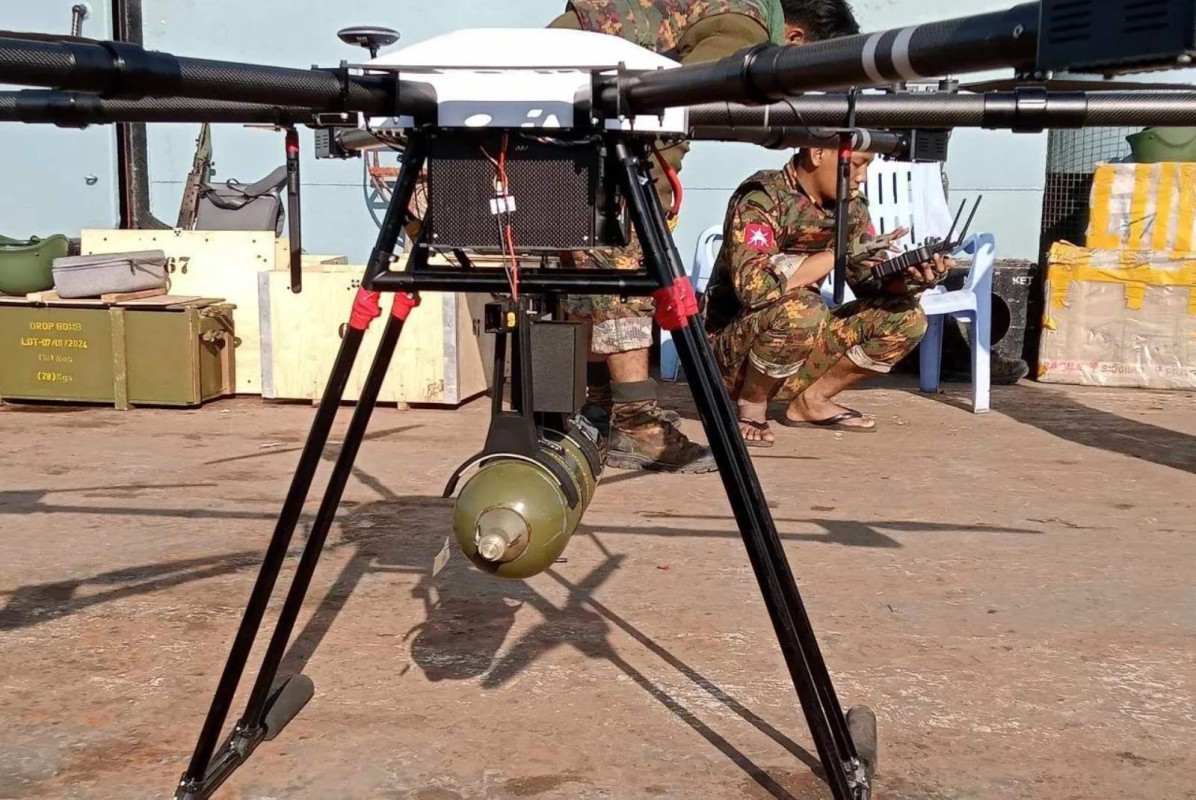






.jpg)

